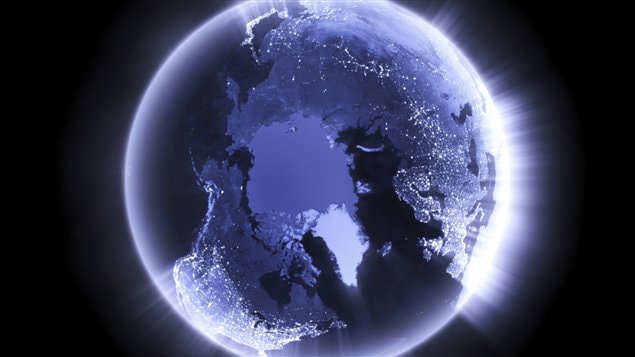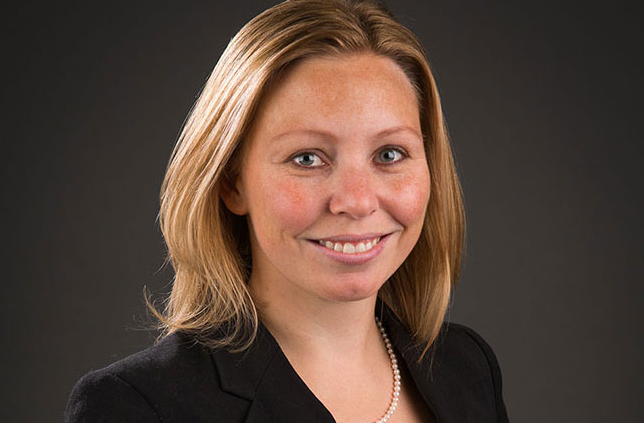2015 has drawn to a close which means Eye on the Arctic is looking back at this year’s news and events with some of our experts from around the globe.
In this, the last installment to be posted on Radio Canada International, Eye on the Arctic talks Shell, governance and Arctic exceptionalism with Heather Exner-Pirot, managing editor of Arctic Yearbook.
Eye on the Arctic: How would you sum up Arctic news this year in just one word?
Heather Exner-Pirot: Exceptionalism. There was so much happening geopolitically with Russia but the Arctic continued to be exceptional. The states compartmentalized. Cooperation continued and the worse-case scenario that many people predicted did not happen. The Arctic remained a separate theatre in international affairs.
What were the three most important Arctic stories of 2015?
- Arctic cooperation: The Arctic Five agreed on a fishing moratorium. The Arctic Coast Guard forum started up. They’re really concrete examples of how the Arctic states have been cooperating regardless of what’s happening globally.
- Shell’s Arctic Alaska pullout: (Arctic Alaska) cost Shell about $7-8 billion and they don’t have a penny back in investment. We had this image of the Arctic as the next frontier during the commodities superboom. Now the superboom has ended. The Arctic is probably the most expensive place in the world to drill, to mine and to ship out all these expensive and heavy resources. It looks very bearish for Arctic resource commodities.
- The rise of subnational governments: The rise of the power and influence of places like Alaska, Nunavut, Greenland, Lapland and Murmansk. When you’re talking about human or sustainable development, this is where that happens. This year Alaska really took a step up in wanting to become a player on the interntiaonal stage in Arctic affairs. They even passed their own house bill, Alaska’s Arctic policy, to really address their roll.
What was the most overlooked northern story or issue of 2015? The International Maritime Organization finally adopted the mandatory polar code to cover the safety and environmental aspects of shipping in the Arctic. This will really impact the governance, economic and social aspects of using the Arctic Ocean. It’s the most important thing legally and institutionally to happen to the Arctic since the Law of the Sea was signed in 1982 but no one talked about it.
What will you be watching for in 2016? Education in Northern Canada. Nunavut just had its first education act review. The education system there has not been successful. It’s not graduating students. They’re not getting through with credentials they can use in post-secondary persuits or employment. The review looked at moving from the decentralized focus on cultural education and language and wanting to move toward what I would consider a more mainstream approach to primary school education focusing on scholastics,academic performance and more of a centralization of the curriculum.
I think this will have have an impact on indigenous education far beyond Nunavut.
The above Q&A has been edited and abridged.
Listen to the full Eye on the Arctic interview with Heather Exner-Pirot:
ListenFor more from Heather Exner-Pirot, check out her blog space on Eye on the Arctic
Write to Eilís Quinn at eilis.quinn(at)cbc.ca








For reasons beyond our control, and for an undetermined period of time, our comment section is now closed. However, our social networks remain open to your contributions.